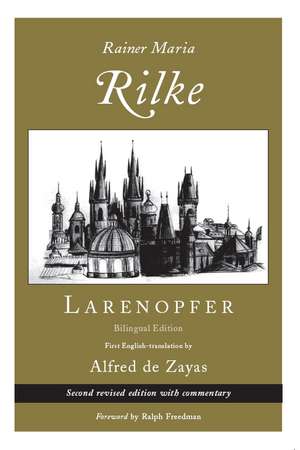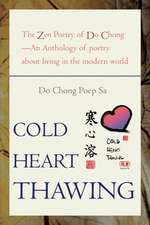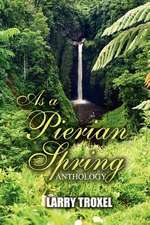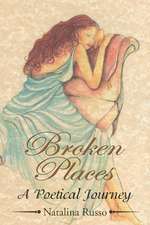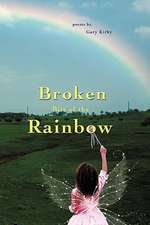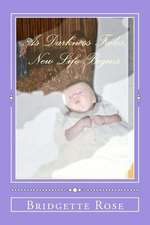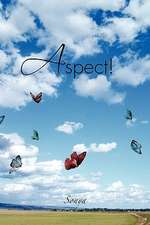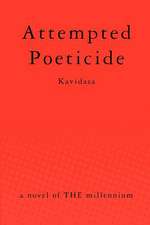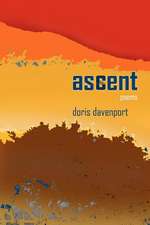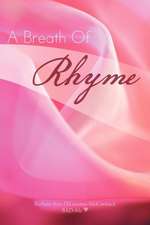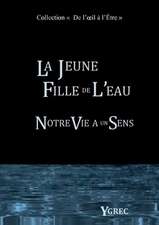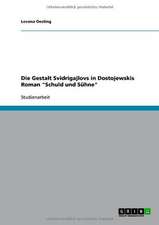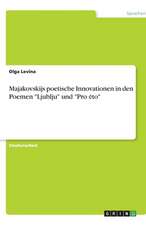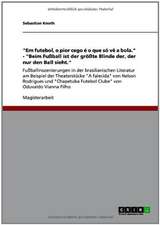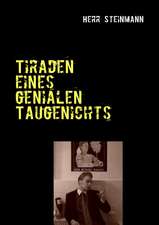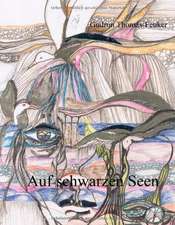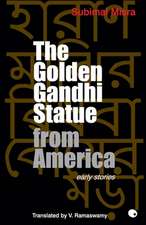Larenopfer
Traducere de ALFRED ZAYAS Autor Rainer Maria Rilkeen Limba Engleză Paperback – 30 iun 2008
Although his mature poetry has been translated into many languages, his early poetry remains accessible only in the original German. This translation of the Larenopfer, or offerings to the Lares, the Roman household deities, are songs that Rilke sings to his hometown Prague and to his beloved Bohemia, short poems on the parks, fountains, churches, bridges and palaces of Prague, not forgetting Rabbi Löw’s legends, the Jewish cemetery, the Thirty Years’ War and, of course, young love.
This cycle of 90 poems offers the reader a unique view into Rilke’s fascinating world, the turn-of-the-century atmosphere of Prague, then the third largest city in the Austro-Hungarian Empire. Here a young German of the ruling bourgeoisie shows great appreciation for contemporary Czech literary works and enthusiasm for the cause of Czech cultural identity. The Larenopfer possesses not only literary merit but is also of considerable sociological and historical interest.
Preț: 130.71 lei
Nou
Puncte Express: 196
Preț estimativ în valută:
25.01€ • 26.18$ • 20.82£
25.01€ • 26.18$ • 20.82£
Carte disponibilă
Livrare economică 11-25 martie
Preluare comenzi: 021 569.72.76
Specificații
ISBN-13: 9781597090803
ISBN-10: 1597090808
Pagini: 176
Dimensiuni: 152 x 229 x 13 mm
Greutate: 0.27 kg
Ediția:2nd Edition
Editura: Red Hen Press
Colecția Red Hen Press
ISBN-10: 1597090808
Pagini: 176
Dimensiuni: 152 x 229 x 13 mm
Greutate: 0.27 kg
Ediția:2nd Edition
Editura: Red Hen Press
Colecția Red Hen Press
Notă biografică
Alfred de Zayas is an American lawyer (Harvard) and historian (Gottingen), former Secretary of the United Nations Human Rights Committee and currently professor of international law at the Geneva School of Diplomacy. He was founder and President of the United Nations Society of Writers and since 2006 is President of the PEN Centre Suisse Romand, Switzerland. www.alfreddezayas.com
Descriere
René Maria Rilke was born in Prague on 4 December 1875 and died near Montreux in Switzerland, on 29 December 1926. The foremost lyric German poet of the 20th century, he is remembered primarily for his Duino Elegies, the Sonnets to Orpheus, the Neue Gedichte, the Buch der Bilder, the Stundenbuch. and the Cornet.
Although his mature poetry has been translated into many languages, his early poetry remains accessible only in the original German. This translation of the Larenopfer, or offerings to the Lares, the Roman household deities, are songs that Rilke sings to his hometown Prague and to his beloved Bohemia, short poems on the parks, fountains, churches, bridges and palaces of Prague, not forgetting Rabbi Löw’s legends, the Jewish cemetery, the Thirty Years’ War and, of course, young love.
This cycle of 90 poems offers the reader a unique view into Rilke’s fascinating world, the turn-of-the-century atmosphere of Prague, then the third largest city in the Austro-Hungarian Empire. Here a young German of the ruling bourgeoisie shows great appreciation for contemporary Czech literary works and enthusiasm for the cause of Czech cultural identity. The Larenopfer possesses not only literary merit but is also of considerable sociological and historical interest.
Although his mature poetry has been translated into many languages, his early poetry remains accessible only in the original German. This translation of the Larenopfer, or offerings to the Lares, the Roman household deities, are songs that Rilke sings to his hometown Prague and to his beloved Bohemia, short poems on the parks, fountains, churches, bridges and palaces of Prague, not forgetting Rabbi Löw’s legends, the Jewish cemetery, the Thirty Years’ War and, of course, young love.
This cycle of 90 poems offers the reader a unique view into Rilke’s fascinating world, the turn-of-the-century atmosphere of Prague, then the third largest city in the Austro-Hungarian Empire. Here a young German of the ruling bourgeoisie shows great appreciation for contemporary Czech literary works and enthusiasm for the cause of Czech cultural identity. The Larenopfer possesses not only literary merit but is also of considerable sociological and historical interest.
